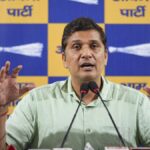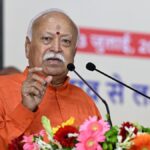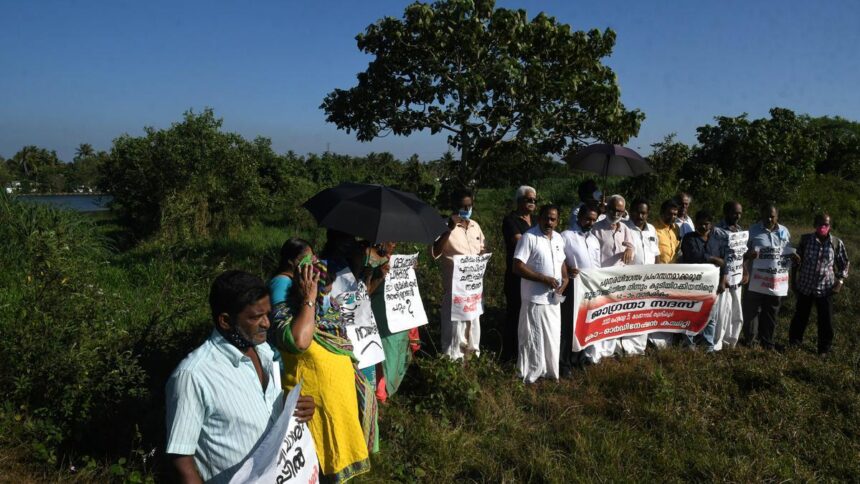DELHI/GURUGRAM
Government employees, industrial and scheme workers, construction labourers, and farmers gathered under their respective banners and flags across Haryana on Wednesday, holding public meetings and protest marches in response to a ‘Bharat Bandh’ call by central trade unions in support of their 17-point charter of demands.
A key highlight of the protests was the overwhelming participation of women scheme workers – mid-day meal workers, Accredited Social Health Activists (ASHAs), and anganwadi workers – who reiterated their long-standing demands for regular jobs for regular work and equal pay for equal work.
Industrial workers, those in the unorganised sector, government employees and farmers also took part in the State-wide protests to express their opposition to the four “pro-corporate” labour codes introduced by the Centre. Haryana Roadways buses remained off several routes, and employees from the public health, revenue, and electricity departments, along with non-teaching university staff, observed the strike and stayed away from work.
Constituents of the Sanyukta Kisan Morcha (SKM) also joined the protests in solidarity with the workers’ demand to withdraw the labour codes, while raising their own issues, including guaranteed Minimum Support Price (MSP), opposition to tariff deductions on dairy and farm products under U.S. pressure, and resistance to power sector privatisation.
Trade union and farmer leaders said the massive turnout was a clear sign of public rejection of what they called the “anti-people” policies of the Bharatiya Janata Party (BJP) governments at both the Centre and in the State. They accused the government of ignoring people’s hardships while blindly pursuing privatisation and simultaneously trying to divide society along communal and caste lines.
Speaking at separate meetings in Rohtak and Nuh, All India Kisan Sabha national vice-president Inderjit Singh and trade union leader Jai Bhagwan said the scale of the strike should serve as a wake-up call for the government to withdraw the “draconian” labour codes without delay.
They called on protesters to further strengthen their unity, involve more sections of society affected by rising prices and unemployment, and prepare for larger mobilisations in the future.
The All India Central Council of Trade Unions said that workers in Delhi, who are bearing the brunt of inflation, unemployment, and displacement, took out a morning procession and made every effort to ensure the success of the strike.
According to a statement issued by the union, workers participated in the marches across several industrial areas of Delhi, including Wazirpur, Narela, Jahangirpuri, Okhla, Jhilmil, and Mayapuri.
“The July 9 strike stands as a symbol of the unique unity between farmers and workers. From agricultural labourers to employees in banks and insurance sectors, everyone joined the strike,” the statement said.
In Gurugram, protesters marched from Kamla Nehru Park to the post office near New Railway Road, raising slogans in support of their demands. Addressing the gathering, Centre of Indian Trade Unions (CITU) Haryana vice-president Satbir Singh condemned what he described as the Centre’s “anti-worker” and “anti-employee” policies.
“Minimum wages should be increased, all vacancies in government departments must be filled immediately, and anganwadi, ASHA, and mid-day meal workers should be granted employee status. The demands of construction workers and retired employees must also be addressed,” Mr. Singh said.
Several automotive workers’ unions extended support to the Bharat Bandh and its demands, though they did not participate in the strike, with business continuing as usual in the Gurugram-Manesar-Rewari automotive belt.
Published – July 10, 2025 01:26 am IST



















